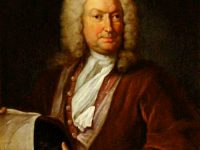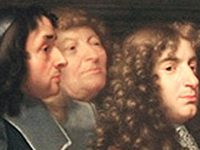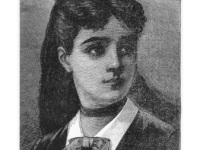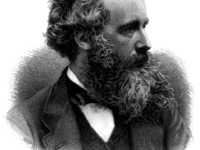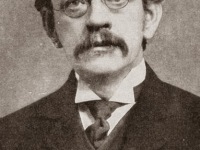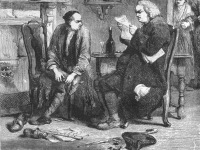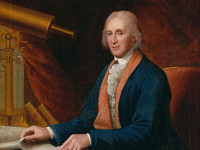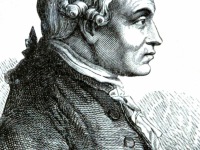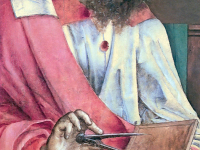What is a Mathematical Function – according to Johann Bernoulli
On August 6, 1667, Swiss mathematician Johann Bernoulli was born. He was one of the many prominent mathematicians in the Bernoulli family. He is known for his contributions to infinitesimal calculus and educating Leonhard Euler in the pupil’s youth.[1] “I recognize the lion by his claw.” – Johann Bernoulli, after reading an anonymous solution to a problem that he realized was Newton’s solution.[10] Johann Bernoulli and the Early Days of Calculus Johann I…
Read more

